Why NYC icon is ‘like no other store’
It’s been a stylish rite of passage for fashionable New Yorkers since they began corseting up for the Gilded Age.
Bloomingdale’s is celebrating 150 years of retail at its iconic Midtown flagship store spanning an entire block at Lexington Avenue and 59th Street, as well as decades as a chic shopping destination. What began in 1872 as a 19th-century “bazaar” profiting off the hoop-skirt craze — it moved to its current location in 1886 – went on to launch the careers of designers Ralph Lauren, Perry Ellis and Norma Kamali. Rather than Saks or Bergdorf, it was Bloomie’s that the late Queen Elizabeth II visited in 1976, stopping traffic and meeting Calvin Klein. And when celebrities such as Sean Combs and Sarah Jessica Parker looked to launch fashion lines, it was Bloomingdale’s that first carried them. Today, the one-stop shop for furniture, suits, hosiery and Manolo Blahniks remains a stomping ground for socialites and celebrities to shop and gossip over its signature — and addictive – Forty Carrots frozen yogurt.
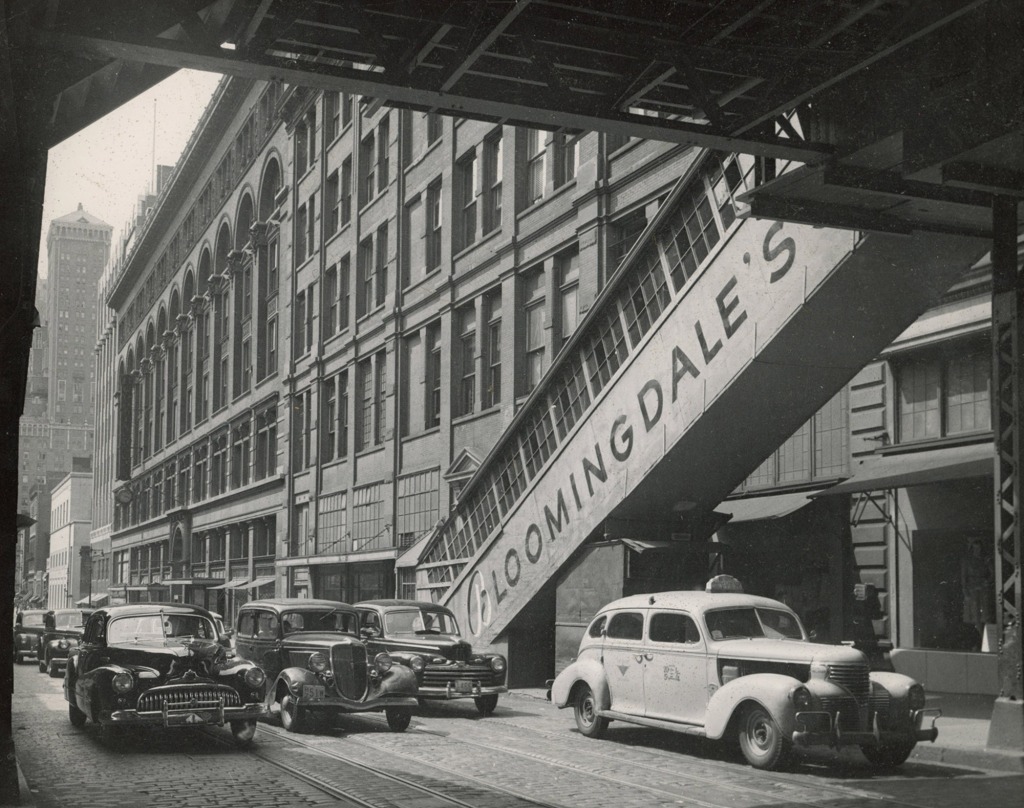
“It’s like no other store in the world,” Shawn Grain Carter, an associate professor at the Fashion Institute of Technology who worked there as an assistant buyer in the early 1980s, told The Post. “Bloomingdale’s was where the celebrities shopped. Where the hip and fashionable shopped.”
Long before the department store carried his collection, designer Michael Kors, 63, a Long Island native, recalled the sense of awe he felt crossing its black-and-white checkered floors.
“I’ve had a lot of firsts at Bloomingdale’s, but one that I’ll always remember is buying a super slim, khaki suit for the junior prom when I was a teenager,” Kors told The Post. “As a fashion-obsessed teenager living in the suburbs, Bloomingdale’s was the Valhalla of big-city glamour.”
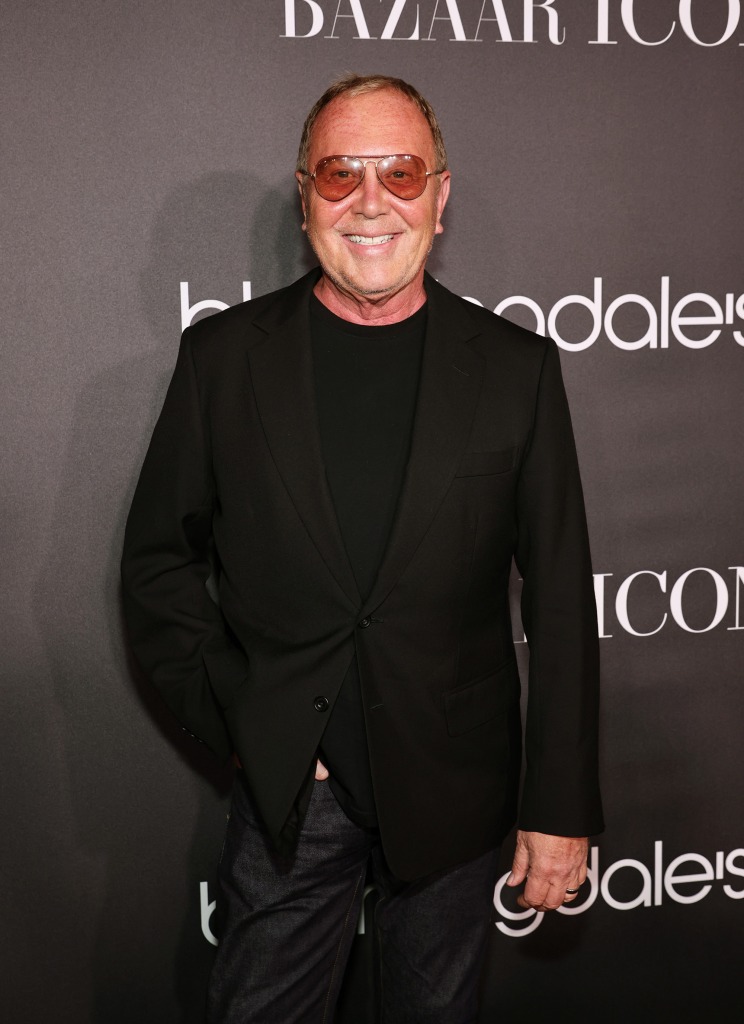
Designer Dennis Basso, 68, who just had his New York Fashion Week show at the Pierre Hotel Monday, also spent his formative years there.
“My first apartment in 1976 was at 200 E. 58th St., and I couldn’t believe that I was a block away [from Bloomingdale’s]. I went there almost everyday with my mother’s Bloomie’s card and used the gourmet department as my supermarket!” Basso told The Post. “I would take dates to Le Train Bleu, a fabulous restaurant – until mom pulled the plug.” (The train-car restaurant closed in 2016.)
Superstar Diana Ross used to sneak in the Third Avenue entrance to shop before the store opened, Grain Carter recalled. The diva would sometimes bring along her daughters and once purchased an entire furniture display, personal shopper manager Ivy Booksin, an employee since 1974, told The Post.
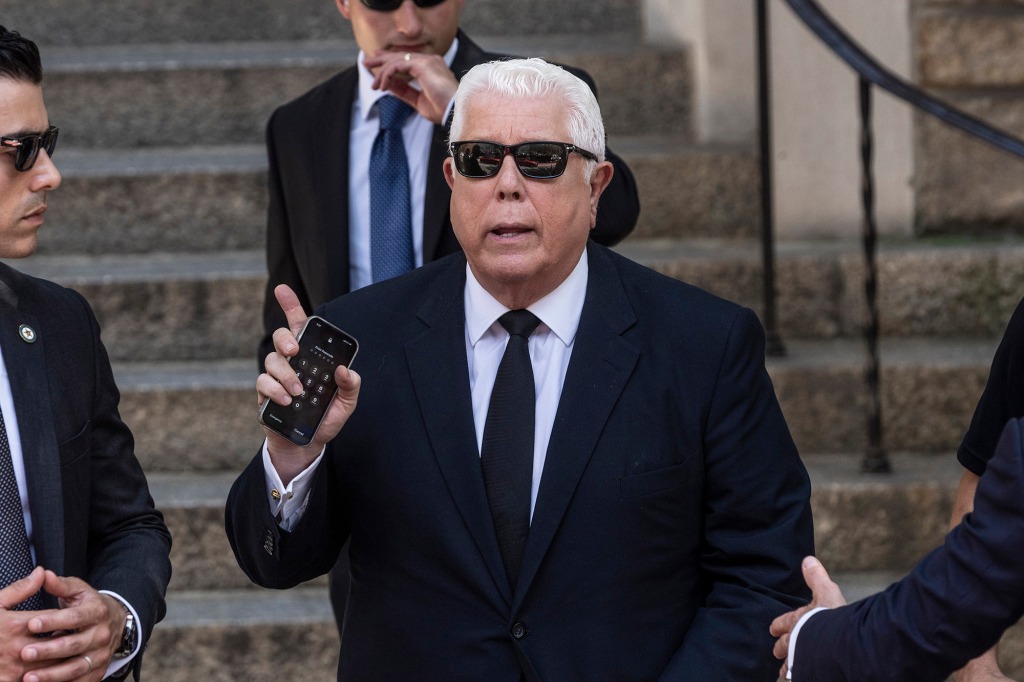
“She fell so in love with the whole display, she ordered everything for her home in New York,” said Booksin, whose first client was Jacqueline Onassis.
Another client, Robert De Niro, had “the best sense of humor,” she told The Post.
“We were sitting on a sofa going over his Christmas list for his family and friends and another client walked in the door. She said, ‘I know you!’ While she was trying to place his name with his face, he answered ‘Al Pacino!’ “
But perhaps the biggest thrill of her 48-year-and-counting run was getting to be an extra in the 1996 Barbra Streisand movie “The Mirror Has Two Faces.” (The department store also appeared in Woody Allen’s “Manhattan,” and was re-created for HBO’s “The Gilded Age.”)
“They filmed through the night, and I was able to shop the store in between takes with Barbra, Jeff Bridges, Lauren Bacall and Brenda Vaccaro. It was a night I will never forget and I made the final cut of the movie!”
Decades before the Big Brown Bag became shorthand for chic shoppers in 1973, brothers Joseph and Lyman Bloomingdale envisioned a shop where a variety of European designs would be sold in one place. It proved successful — their store would continue to expand until it had taken over an entire block by the 1920s.
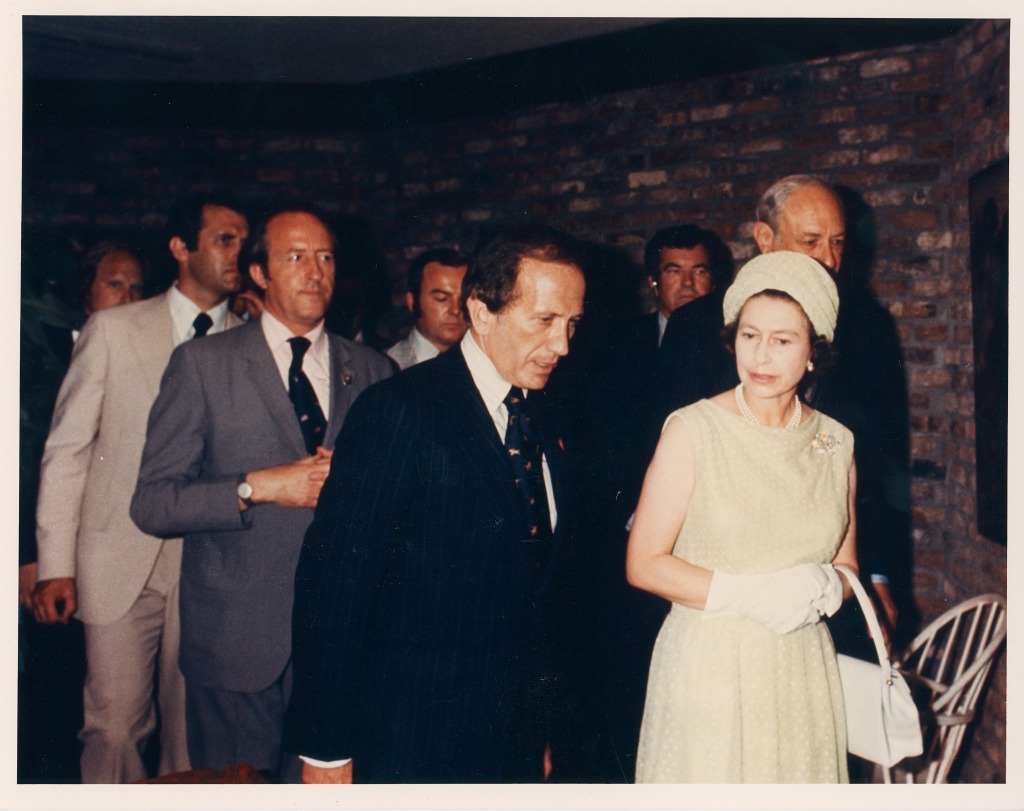
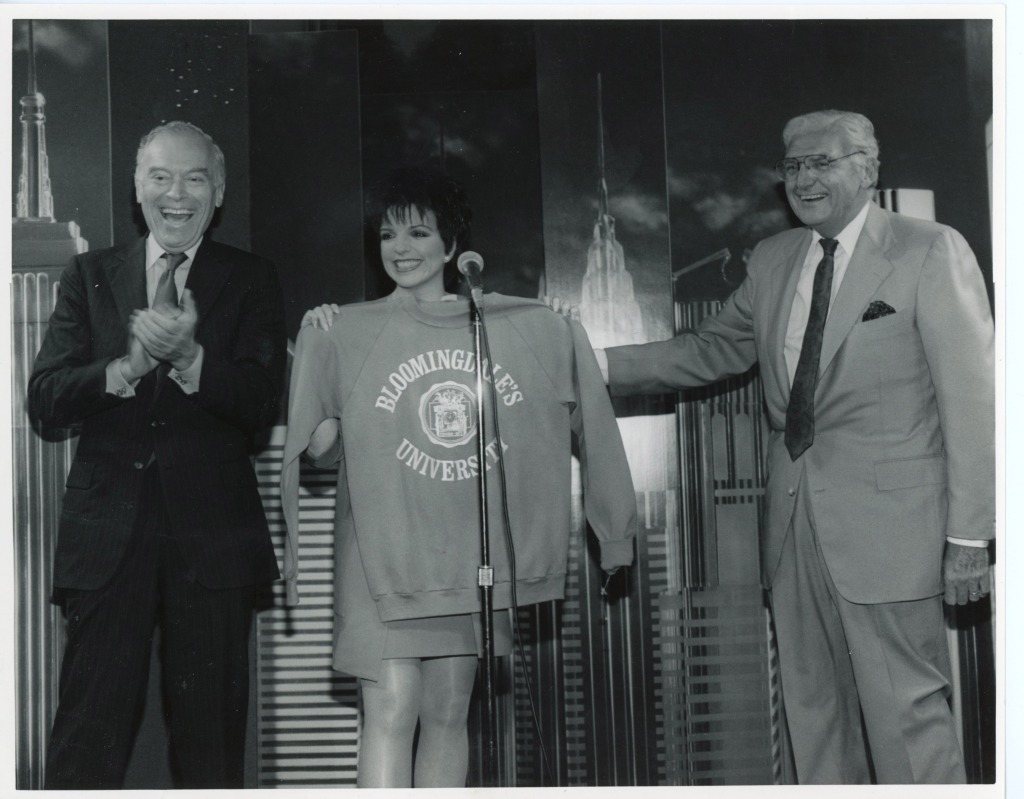
But it wasn’t until the 1970s that the department store became a fashionable destination under the leadership of Marvin Traub, who is widely credited with transforming what had been a relatively buttoned-up store into an aspirational luxury brand.
“He sold the sizzle, that was his competitive advantage,” Grain Carter recalled. “It was like going to Studio 54. There were other clubs, but you wanted to be at Studio 54 with Halston and Warhol. You didn’t follow every trend, you created them.”
In 1978, Andy Warhol, Warren Beatty and Barbara Walters partied during a lavish Yves Saint Laurent perfume launch, while Bette Davis modeled in a “Death on the Nile”-inspired fashion show.
Designer Donna Karan praised Traub as a revolutionary, paving the way for her own fashion legacy.
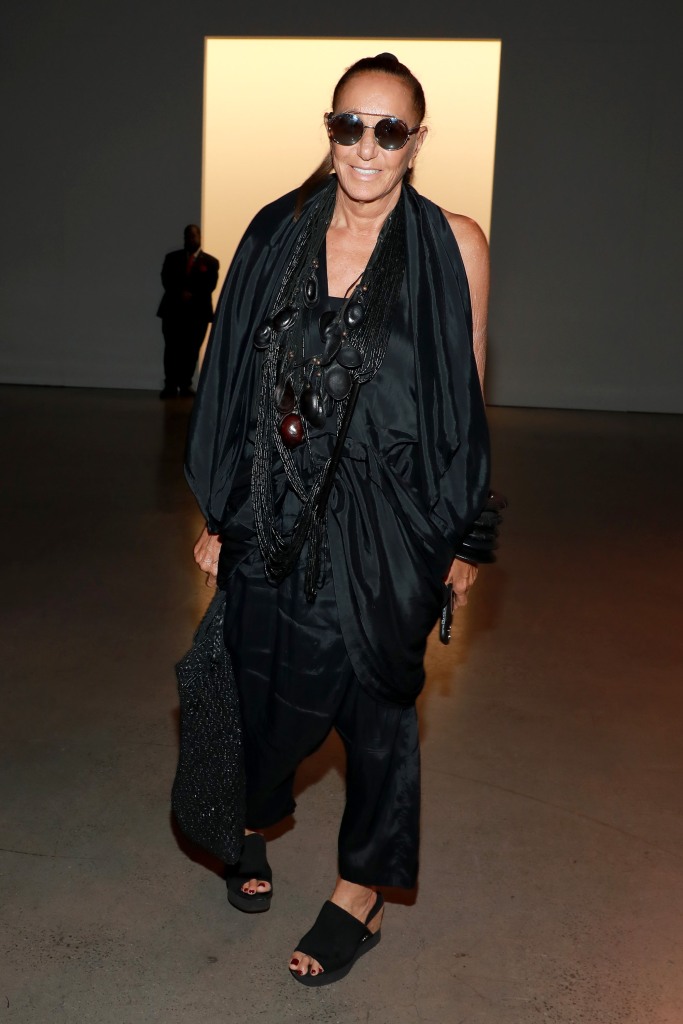
“Bloomingdale’s was the first department store to showcase merchandise by artisans from around the world,” Karan told The Post. “Traub’s mission is the same mission that drives my Urban Zen stores now.”
Today, it’s still a place for fashion emergencies — including last-minute pantyhose.
“Everybody stopped wearing them, but I never did!” said Nikki Haskell, who recalled filming several episodes of her eponymous talk show in the ’80s with singer Andy Williams at the store. And then there were the countless shopping trips with her late dear friend Ivana Trump.
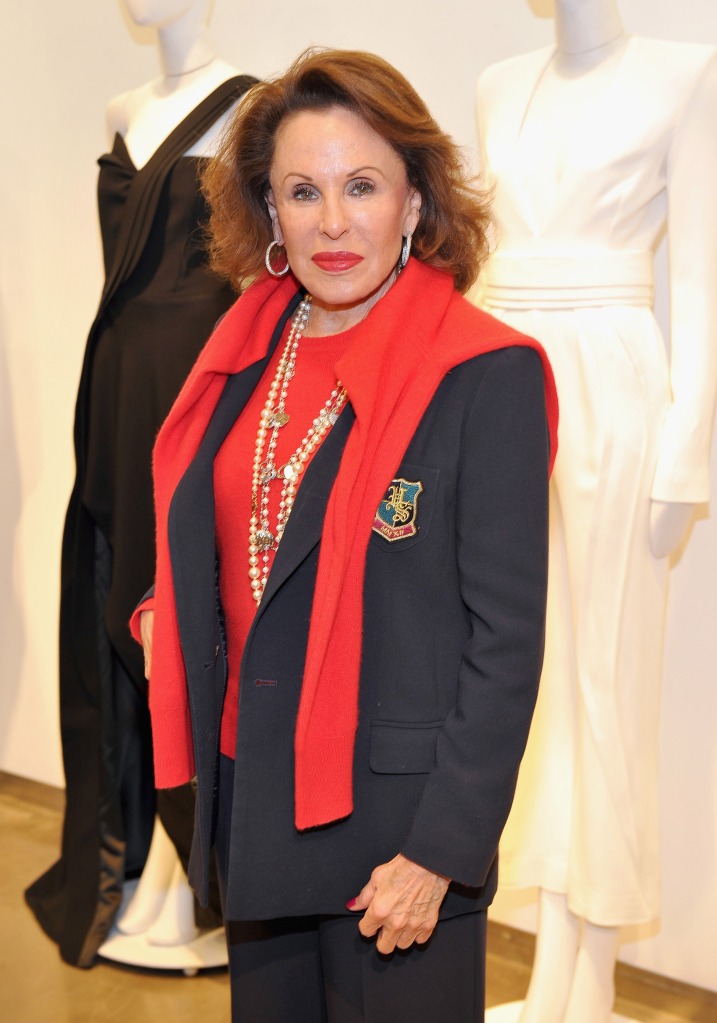
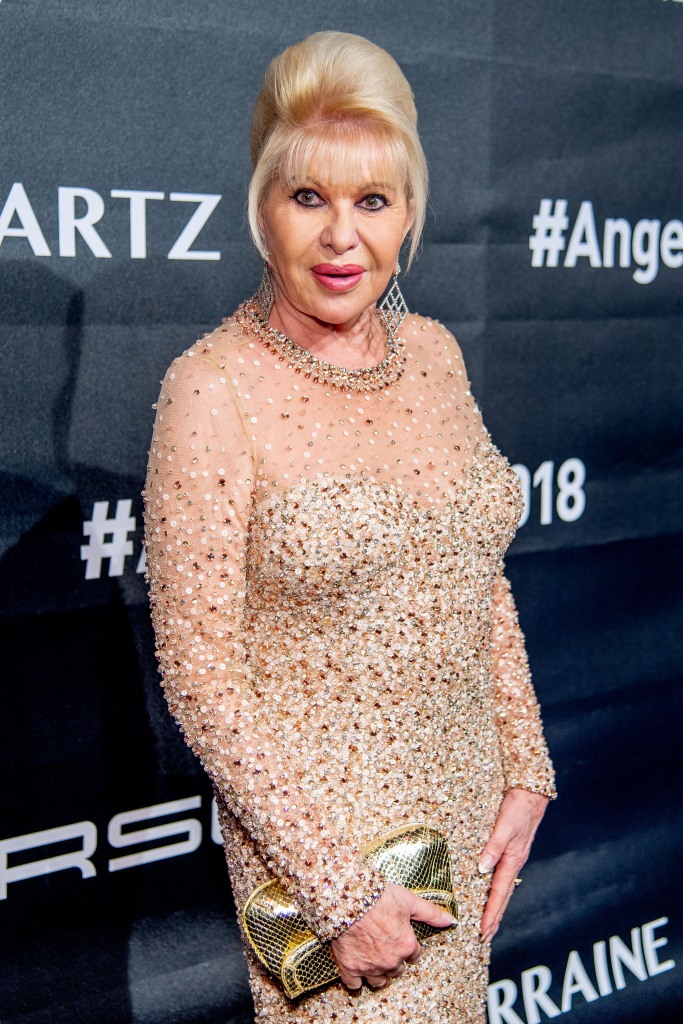
“I went with Ivana a lot,” Haskell recalled. “She bought a lot of furs!”
Actress Barbara Barrie, 91, would hunt for deals in the “bargain basement” after she married in 1965 and later would bring her daughter Jane for school shopping.
“I got more stuff from there – sometimes reduced by 80%,” Barrie said. “It was a great New York secret.”
For shoppers such as Pam Seidman, it’s the store’s “multi-generational” appeal that has kept it in the NYC firmament.
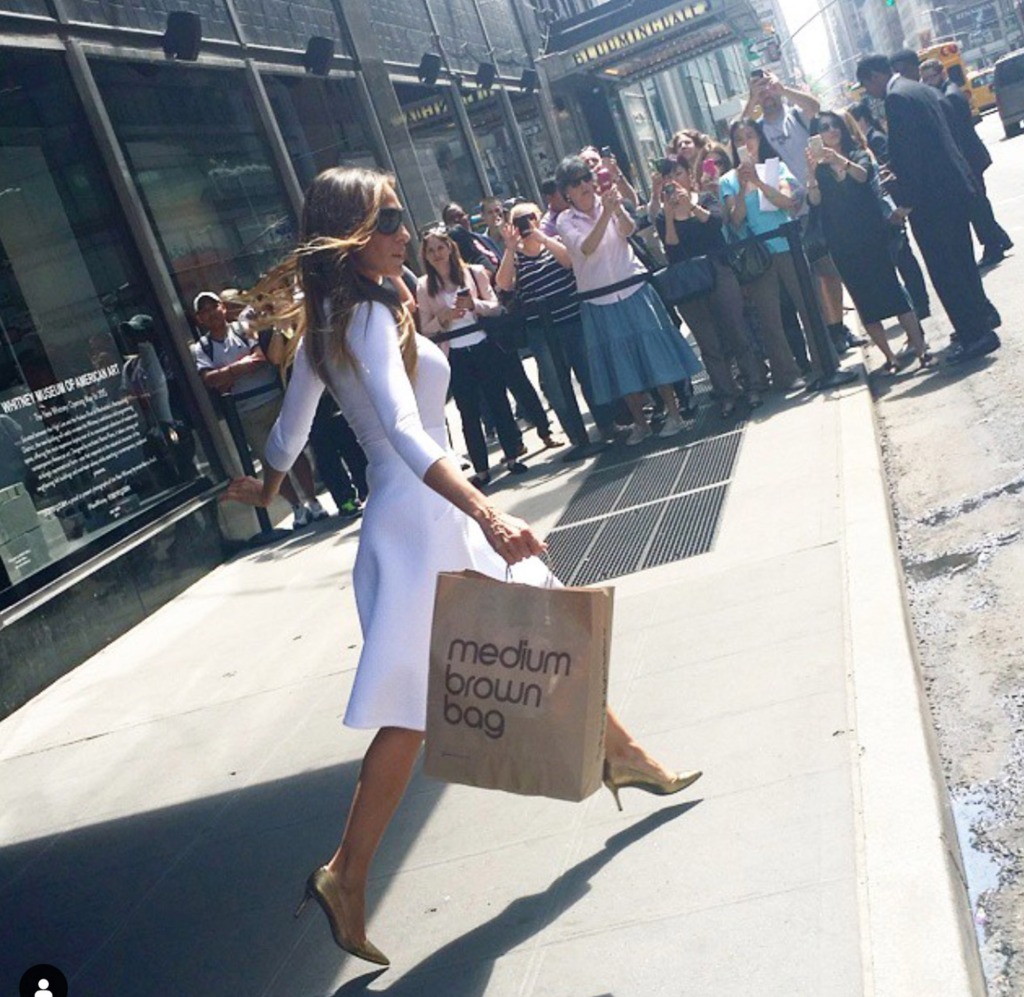

That, and its ability to change with the times: Next month, Seidman, founder of BYBBA (Bring Your Own Bag Back Around), is launching a reusable version of the store’s iconic brown paper bag.
Some, even find love amid the perfumes and high thread-count sheets.
Frank Berman, chief marketing officer at Bloomingdale’s, who has worked there since 1991, met his wife, Tina, at the store while she was an assistant buyer 24 years ago.
“We have created this place where people come to socialize. We’ve seen marriage proposals on the shoe floor and at Forty Carrots,” Berman said.
“We have customers that shop 90-plus days a year or stop in for frozen yogurt daily. There’s always something new to discover here.”
Read the full article Here


